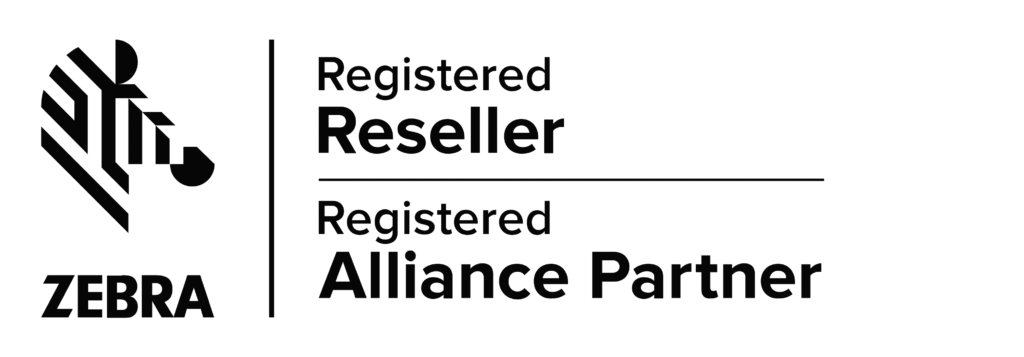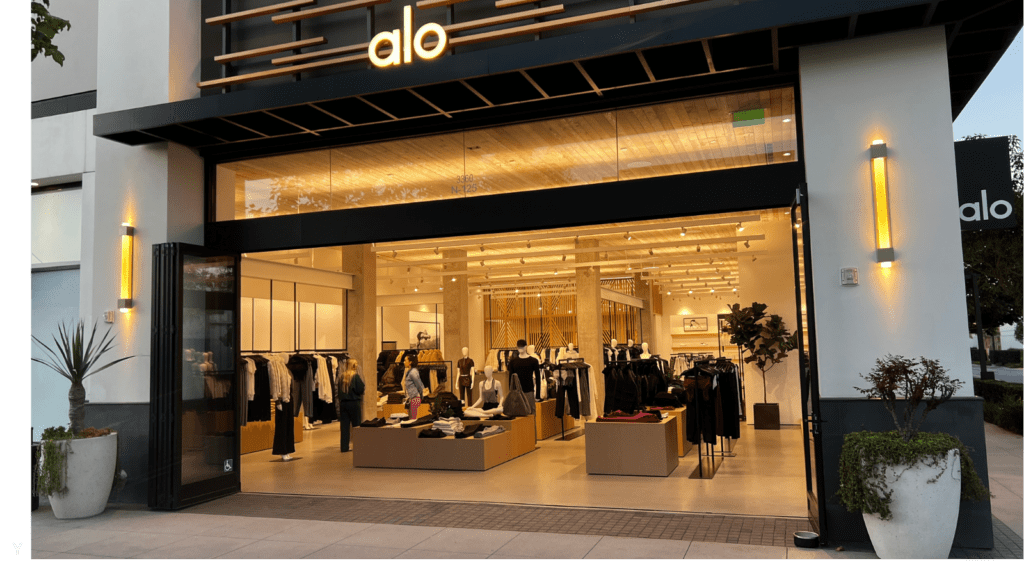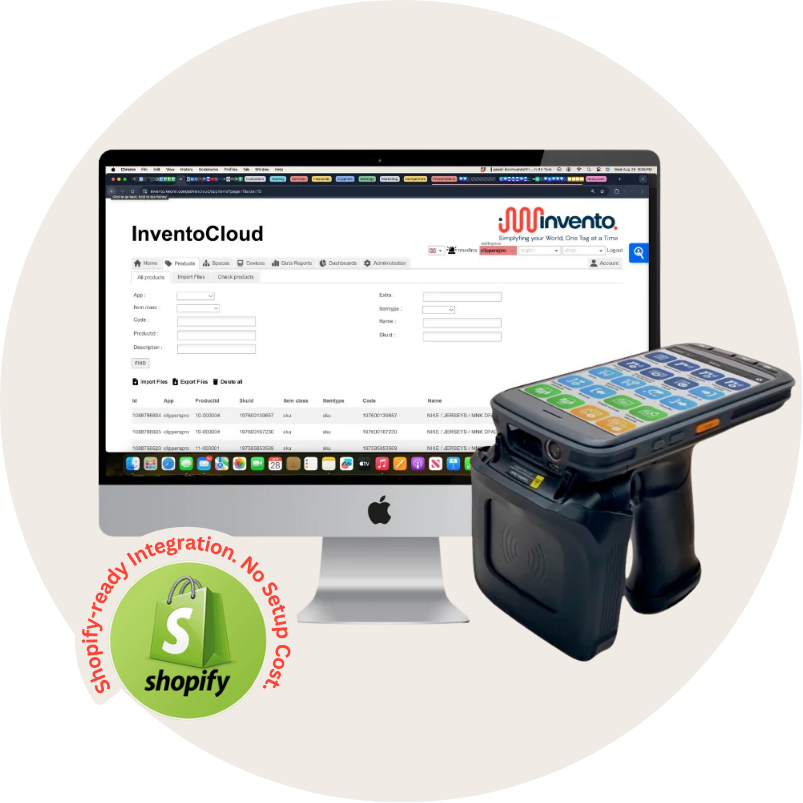RFID Inventory Management and Smart
In-Store Solutions for SMB Retailers
- Comprehensive turnkey RFID solutions tailored to your needs
- Full system deployment and testing completed in under three weeks
- ERP and POS integrations with all major players in the retail industry
- Ongoing, dedicated technical support beyond installation
- Minimal disruption and peace of mind with a maximized ROI
"Get the right product, in the right place, at the right time"
Partner-Verified RFID Solutions You Can Trust
RFID at Intuit Dome: LA Clippers Credit Invento Team
“Collaborating with Invento for our RFID merchandise retail setup at the Intuit Dome has truly transformed our operations. Their technical proficiency and rapid response time were invaluable as they guided us through each phase, ensuring that our RFID system was flawlessly implemented across all our stores and warehouses while seamlessly integrating with our ERP system“
Andres Jimenez
Director of Retail at Los Angeles Clippers

Invento's Competitive Advantages
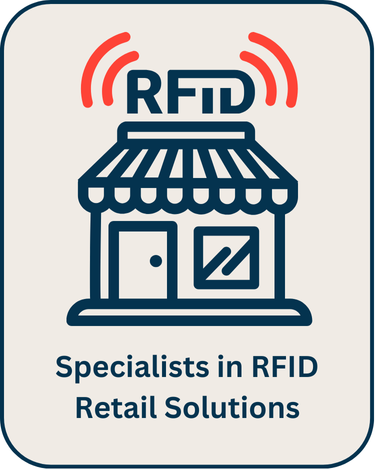

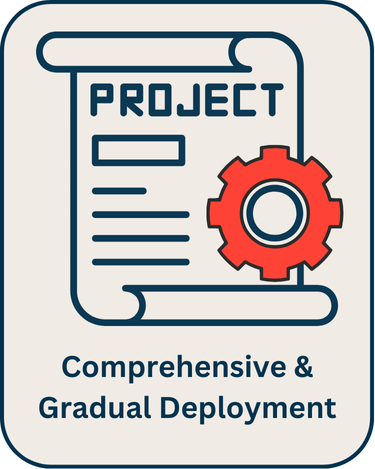
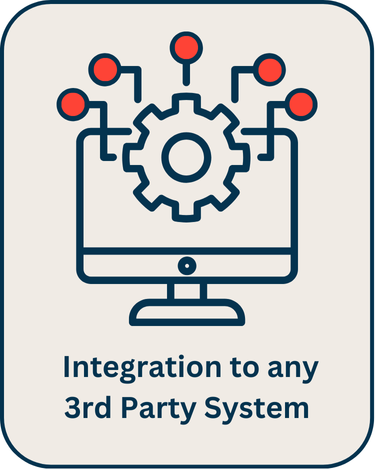

RFID Benefits Pyramid
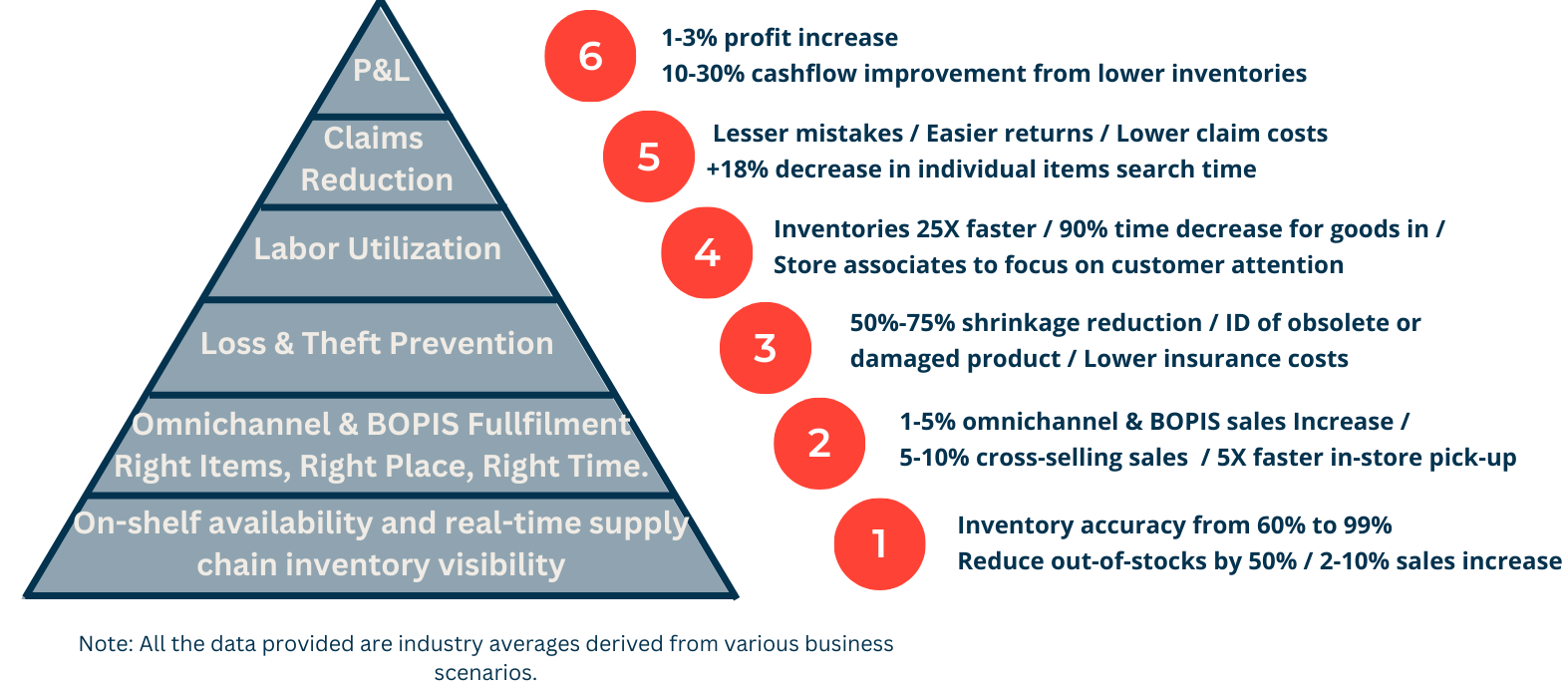
Smart RFID Solutions for In-Store Retail
Retail Software for RFID Inventory Management
InventoCloud™ is a powerful item-level RFID inventory management software specifically designed for retail applications
InventoCloud™ is an RFID cloud-based software that delivers unmatched operational efficiency and accuracy in solving today’s retail store, logistics, supply chain, and customer experience challenges. This software platform is used for remotely managing all our RFID systems such as: Encoding systems, Automatic inventory systems, Interactive retail systems, Loss prevention systems and Self-check-out systems.
Data collected via InventoCloud™ is already integrated to Shopify and can also be integrated effortlessly with any major POS, order management, and ERP systems, providing complete visibility from sourcing to fulfillment and returns. Our technology partners manufacture the most advanced and interactive in-store solutions to optimize apparel retail performance and elevate customer experiences.
Frequently Asked Questions
Invento RFID provides tailored RFID solutions for small and mid-sized retail businesses—especially in apparel, footwear, fashion, sports merchandise, and liquid bottled products. We also support companies in the hospitality industry looking to improve inventory control and operational efficiency. If you’re a retailer or brand aiming to boost your business with the right RFID tools and strategy, our team is here to help.
Most retailers face the same core challenges: inaccurate inventory, high shrinkage, time-consuming manual stock counts, low product availability, and the inability to support efficient omnichannel fulfillment. Invento RFID addresses these issues with solutions that improve visibility, reduce losses, and create a more seamless and responsive shopping experience—online and in-store.
Unlike traditional system integrators, Invento RFID brings deep retail expertise and a flexible, agile approach to every project. We know how to deploy without disrupting your day-to-day operations and focus on delivering fast, measurable ROI. Most importantly, we don’t disappear after setup—our team stays involved with training, support, and ongoing improvements to ensure long-term impact and business growth.
Connect with our RFID Experts
for a Free Demo or Consultation
Our Technology Partners
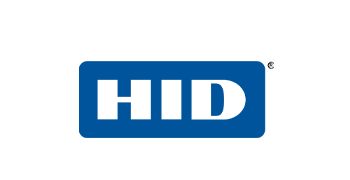


Blog
Discover the news and recommendations that will improve your sales, cost and customer experience.
Request a Demo
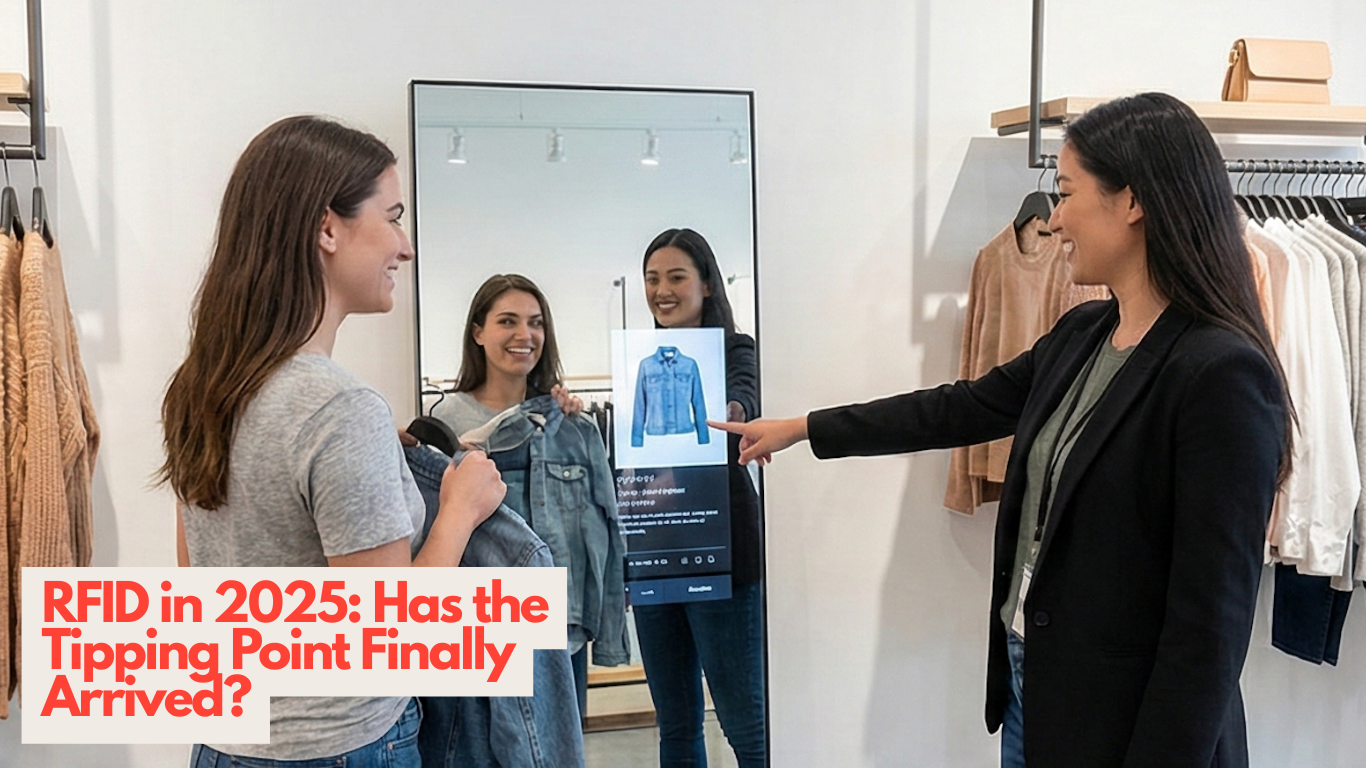
RFID in Retail 2025: Why Retailers Are Finally Seeing Real ROI and What Comes Next
For more than a decade, retailers have heard the same promise: RFID in Retail will put the right item, at the right time, in the right place.Yet adoption lagged, pilots
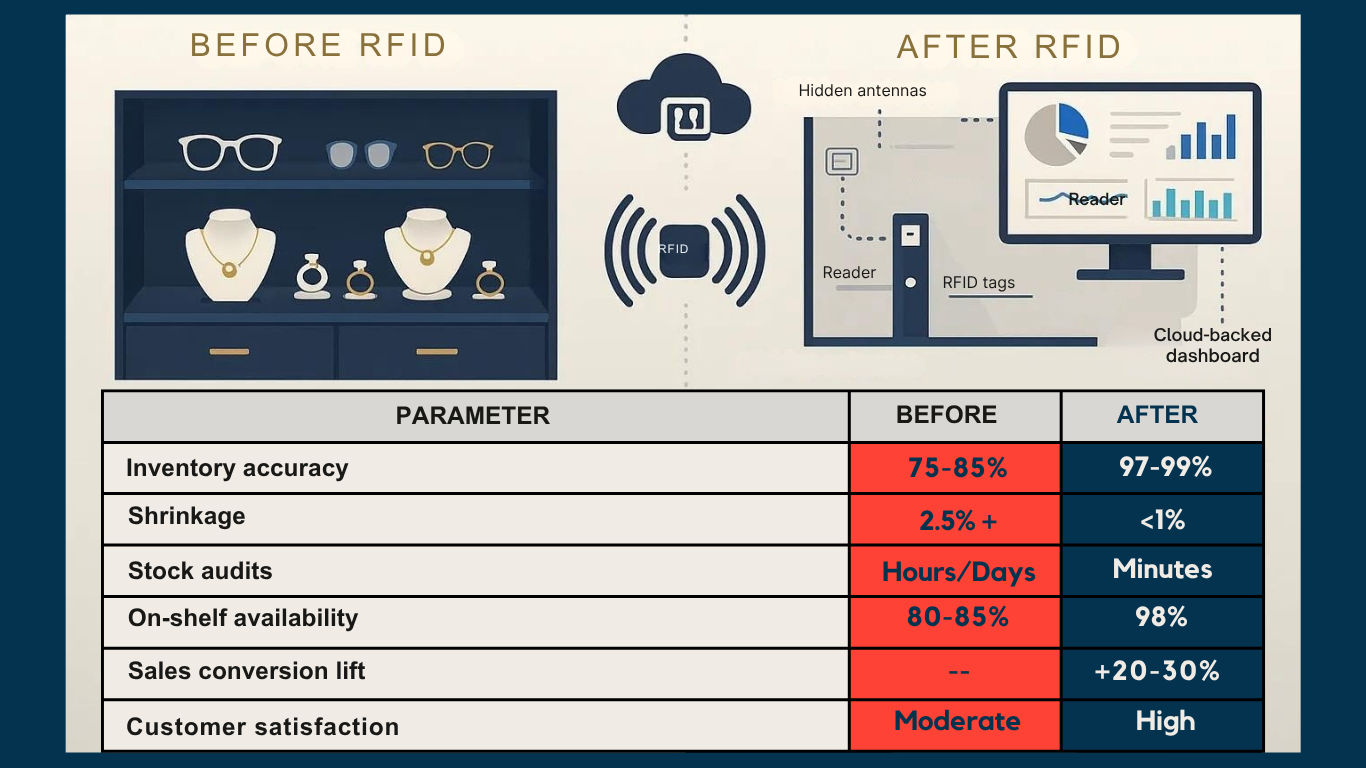
From Showcases to Smartcases: Real-Time Inventory Displays In Eyewear and Jewelry Retail
How Real-Time Inventory Displays are Redefining the Future of Eyewear and Jewelry Retail In the world of luxury and specialty retail, presentation is paramount. Yet, presentation alone doesn’t close the

How RFID Keeps Your Holiday Season from Getting Spooky
As soon as Halloween decorations come down, most retailers jump straight into “holiday mode.” Shelves flip overnight, promotions roll out, and stores brace for crowds. But behind the scenes, operations
